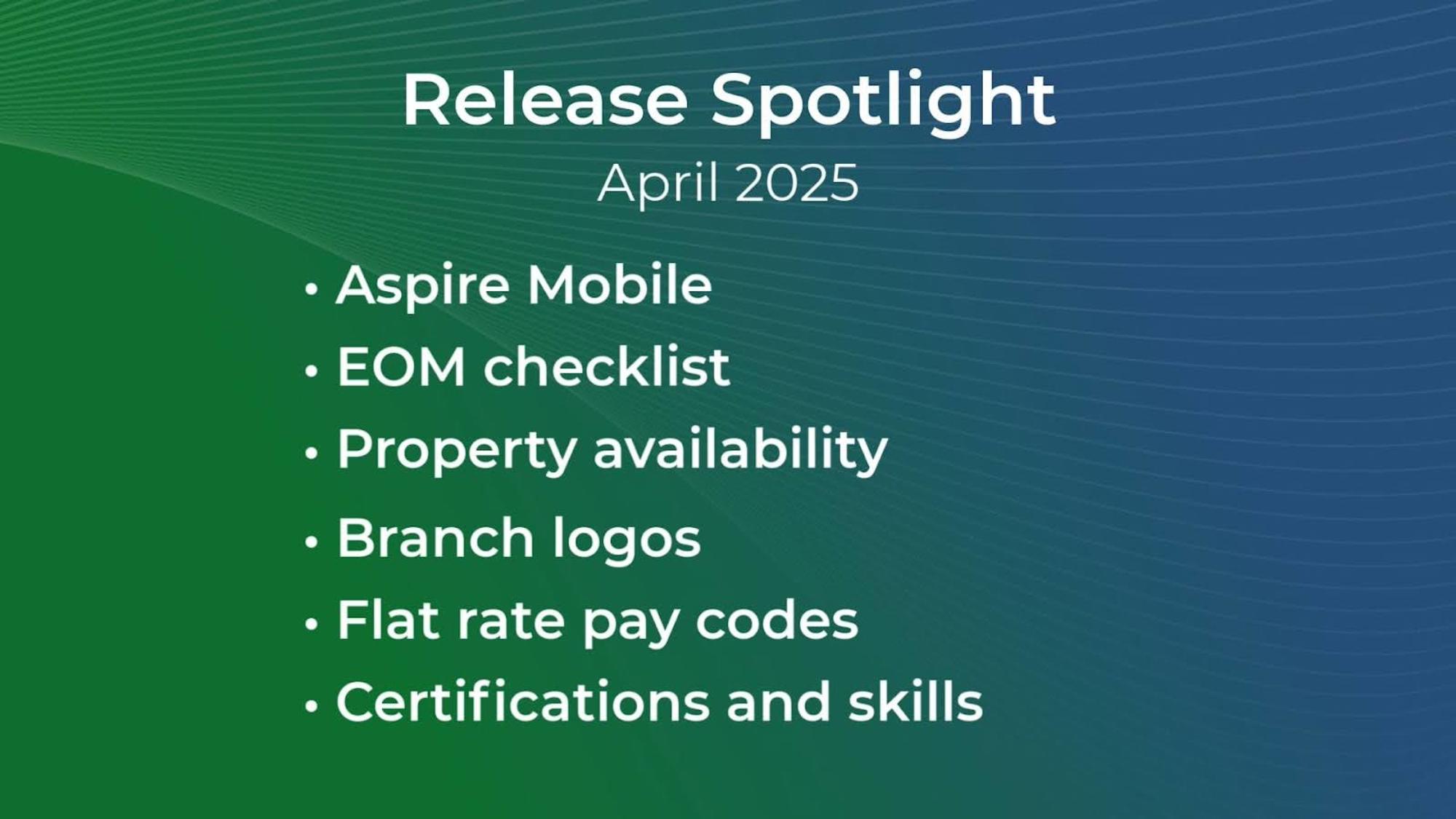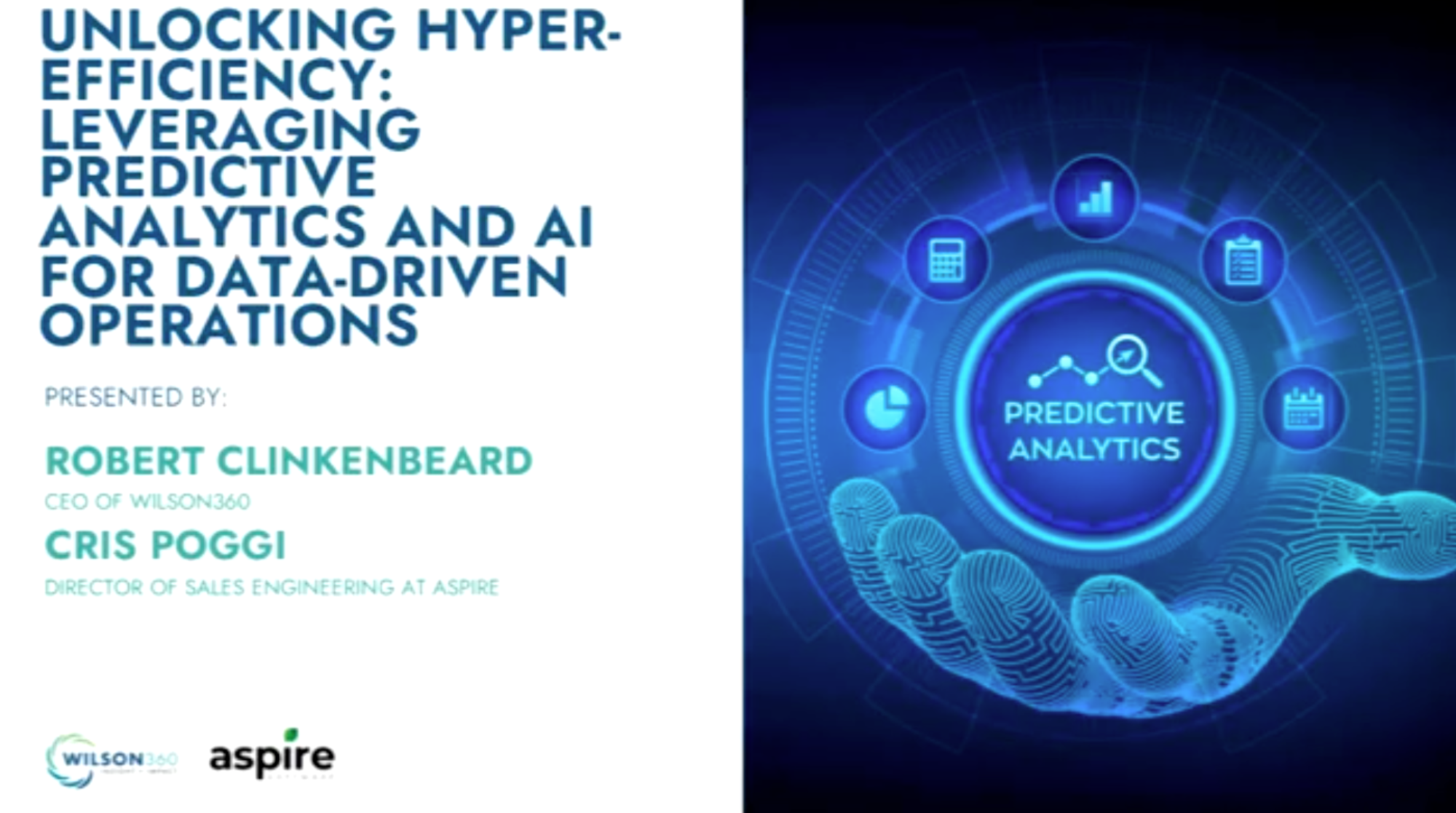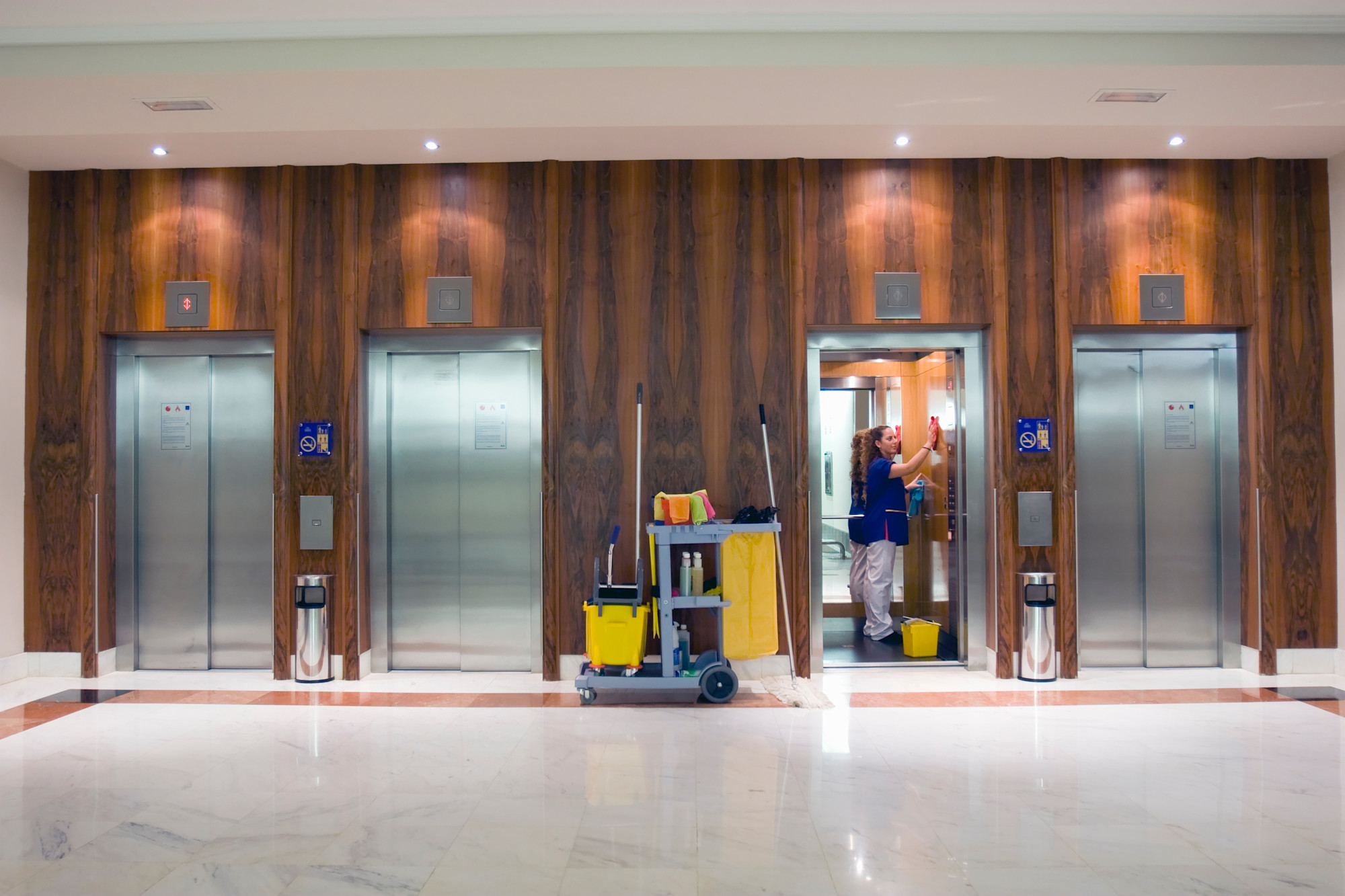When Jared Woodend sat down to speak with the Aspire team at IGNITE this year, he introduced himself as the integrator and COO of Decra-Scape.
“Integrator,” while not a widely used term in the management world, is a title used in businesses that run the Entrepreneurial Operating System (EOS), an organizational structure popular with landscape companies.
In EOS lingo, the integrator is very process driven, and their purpose is to execute the ideas of the visionary (typically the owner/CEO of the company). Woodend embodies this purpose as he helps his team adapt to new, more effective processes—like using Aspire.
“Since we've started using Aspire, my team can now communicate seamlessly through the entire client experience, from lead generation all the way through to our final walkthrough on a project,” he says.
Decra-Scape is based in Sterling Heights, MI, north of Detroit. It specializes in high-end residential design-build and hardscapes for outdoor living spaces and is expanding into landscape maintenance and complete landscape design. The 34-year-old firm employs 20-30 people, depending on the time of year, with a revenue of $3 million.
Woodend has been with the company for four years and started out doing field operations management and then moved into the integrator role, overseeing operations. Decra-Scape’s mostly design-build business differentiates it from the operations of full-service landscaping companies.
“Being an exclusively design-build business, we rinse and repeat each of our projects,” he explains. “We don't have much recurring work, so taking what we do each time and replicating it has streamlined many of our operational processes.”
The impact of a complete management platform on the operation is simple but powerful.
“Without Aspire, Decra-Scape would need more administrative resources to complete the same amount of work,” he says.
Shifting mindsets
The Decra-Scapes team dove into Aspire implementation in early 2021 and went live in Q2 that year.
After considering various business management platforms, they found Aspire the highest-value option. The team's primary goals were streamlining processes and data into a single source of truth, improving client experience, and improving field-to-office communication.
“When we first implemented Aspire, we wanted to tie everything together to scale easier,” he confirms. “It gave us what we needed in a software solution. There's a certain rigidity when working within the system, but we could make our operations work within Aspire's framework.”
Woodend recommends a practical approach for other companies going through implementation: Rather than simply learning how to use Aspire in parallel with your day-to-day operations, think about your existing challenges and how you can immediately apply the program to improve.
“Going through the implementation process highlighted where we were focusing as a business,” he says. Decra-Scape shifted focus from the details of data entry to how work tickets, services, and time would be presented in Aspire—giving them a more holistic view of their operation.
User-friendly scheduling and work ticket management
Scheduling work is one of the most arduous tasks in a business, even in the best of conditions—and Decra-Scape’s method was less than ideal.
The company’s scheduling process consisted of a whiteboard that Woodend revised constantly to factor in rain delays, project extensions, and change orders. Crews passively checked the board at the beginning of the day, and any updates after that point were made by phone or sending pictures of the revised board sent via text. Woodend could only schedule jobs a week or two in advance because of the rework involved in updating the schedule.
Now Woodend can schedule all sold jobs and have better project availability with Aspire’s drag-and-drop schedule board, which allows the team to gauge crew capacities and instantly update the schedule.
The Aspire Mobile app has been a game-changer as well. “Crews can see yesterday, today, the future week for all of their visits, as well as other teams’ schedules,” he explains, noting that if crew members change projects for various reasons, the change is readily available on the app.
“Using Aspire for scheduling and tracking work tickets has shifted how I'm able to spend my time,” he says. “Now that we're streamlined, it frees me up to focus on other aspects of the job.”
Managing a massive increase in top-line revenue growth
Aggressive growth goals are the norm in a competitive, high-end design-build market. After the first year on Aspire, the team saw some astonishing growth numbers.
The company reported a 75% revenue increase at the end of 2021. But that wasn’t the only good news.
“We were able to handle that volume without adding any additional staff, and overall, our overhead remained relatively stable because of how streamlined everything was,” he says. “Our revenue increased over 75% with that baseline overhead maintaining the same.
“Rapid revenue growth comes with challenges, but relying on Aspire to streamline things and get more done with less, was a big help.”
Understanding the impact of job costing
Because Woodend is the integrator, he’s attentive to the subtle (and not-so-subtle) ways Aspire impacts his team.
“I've talked with many people about how we don't realize what we're doing differently now; it's just happening, as opposed to before we were using Aspire,” he says.
Job costing was a taxing process involving an Excel spreadsheet, accounting analysis, and presentation at the end of each project.
The company has kept the meeting, but it’s an entirely new format using the job dashboard in Aspire.
The job dashboard helps them monitor the progress of earned revenue versus the labor hours and ensure materials are tracked at the time of purchase. Now, costs are accurate in real-time, which helps the team make changes during projects instead of after completion.
This shift in transparency makes a difference, especially as the company takes on larger jobs.
"We're increasingly encountering large-scale projects where delaying decisions until the end would significantly affect our annual performance. Instead, we find it more effective to make necessary changes as we progress,” he says.
Evolving and expanding the business with Aspire
In addition to securing bigger jobs, Decra-Scape has bold growth plans in place for the coming year:
Grow top-line revenue while maintaining and improving profitability
Maintain their hardscape specialization while expanding into other segments
“Aspire is going to be a big help in divisionalizing and categorizing work and ensuring we have the right sales mix,” he says. “Using Aspire to stick to our budget, direct costs, and gross profit will be vital going forward.”
Going into the fourth year of Aspire, Woodend thinks back to what his implementation manager said during onboarding.
“‘The way that you’re learning Aspire now will look very different in six months and a year or two down the road,’” he recalls. “I'm most proud of how we've evolved using it.”










